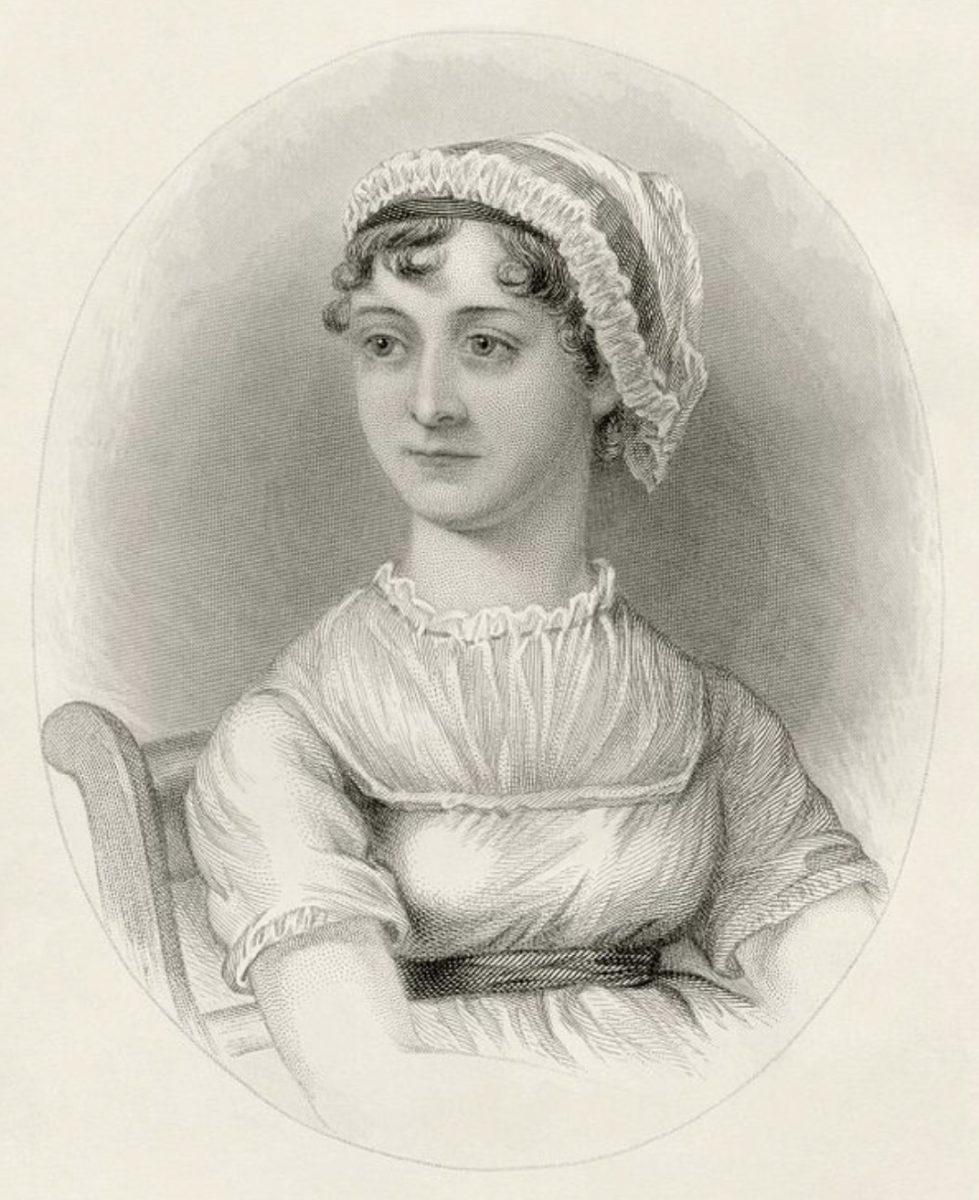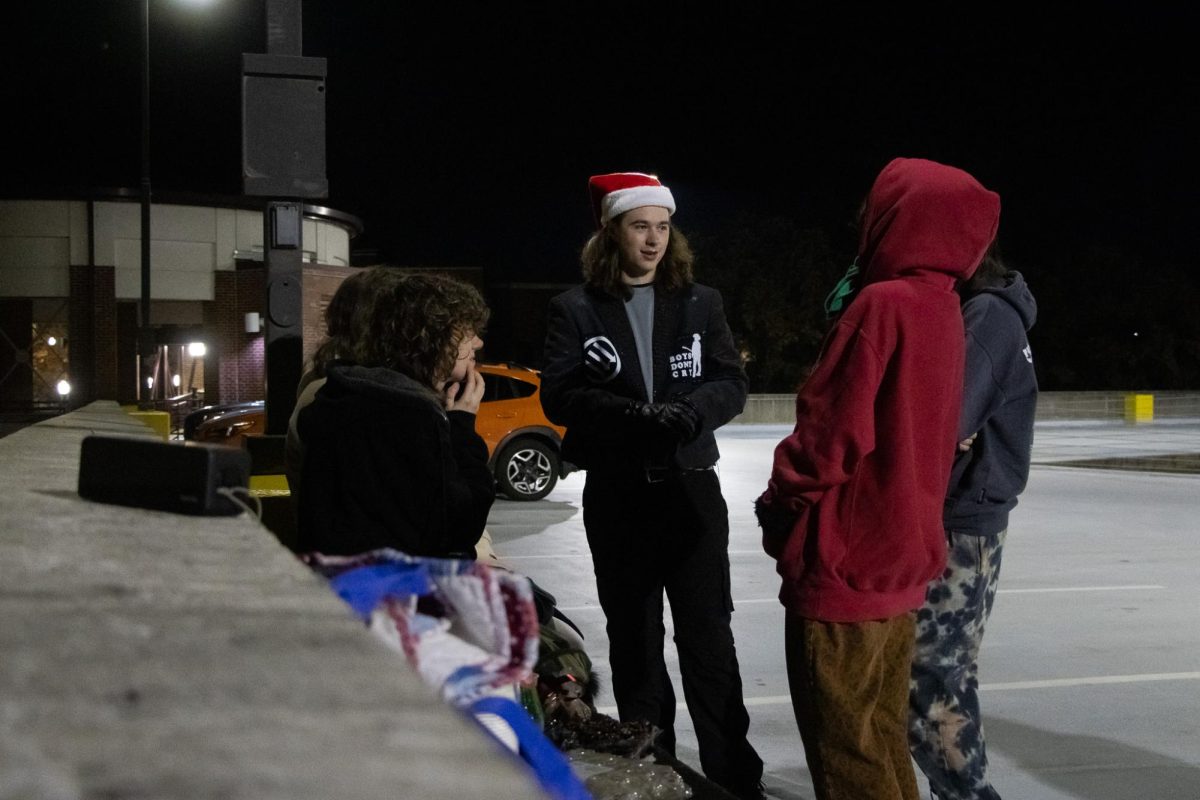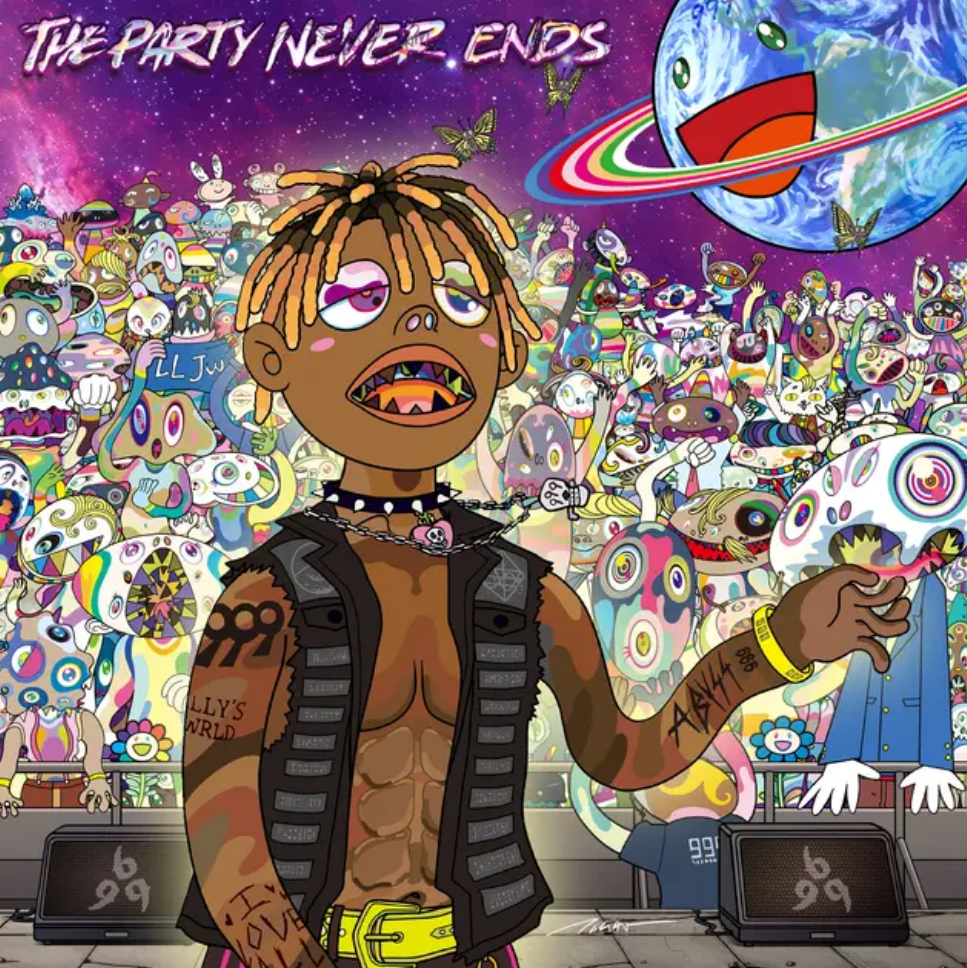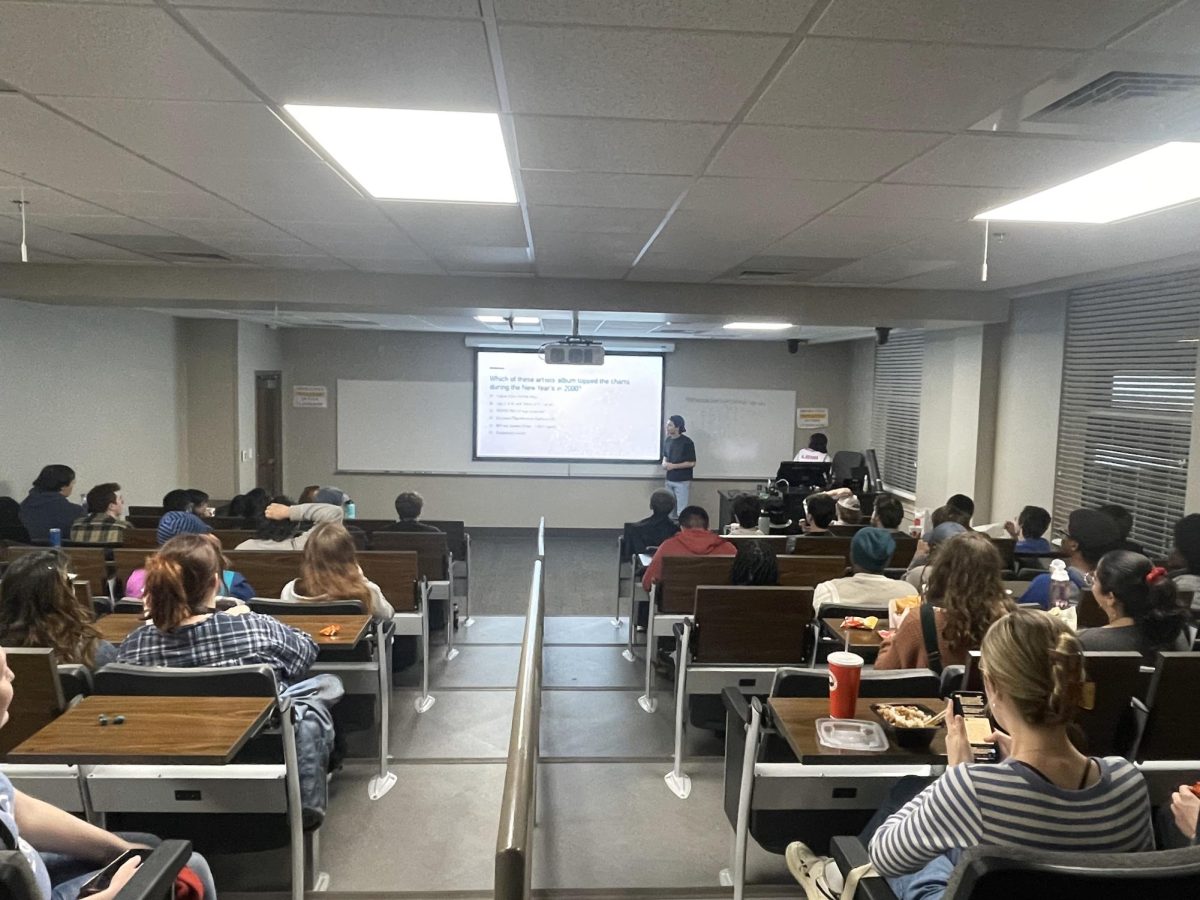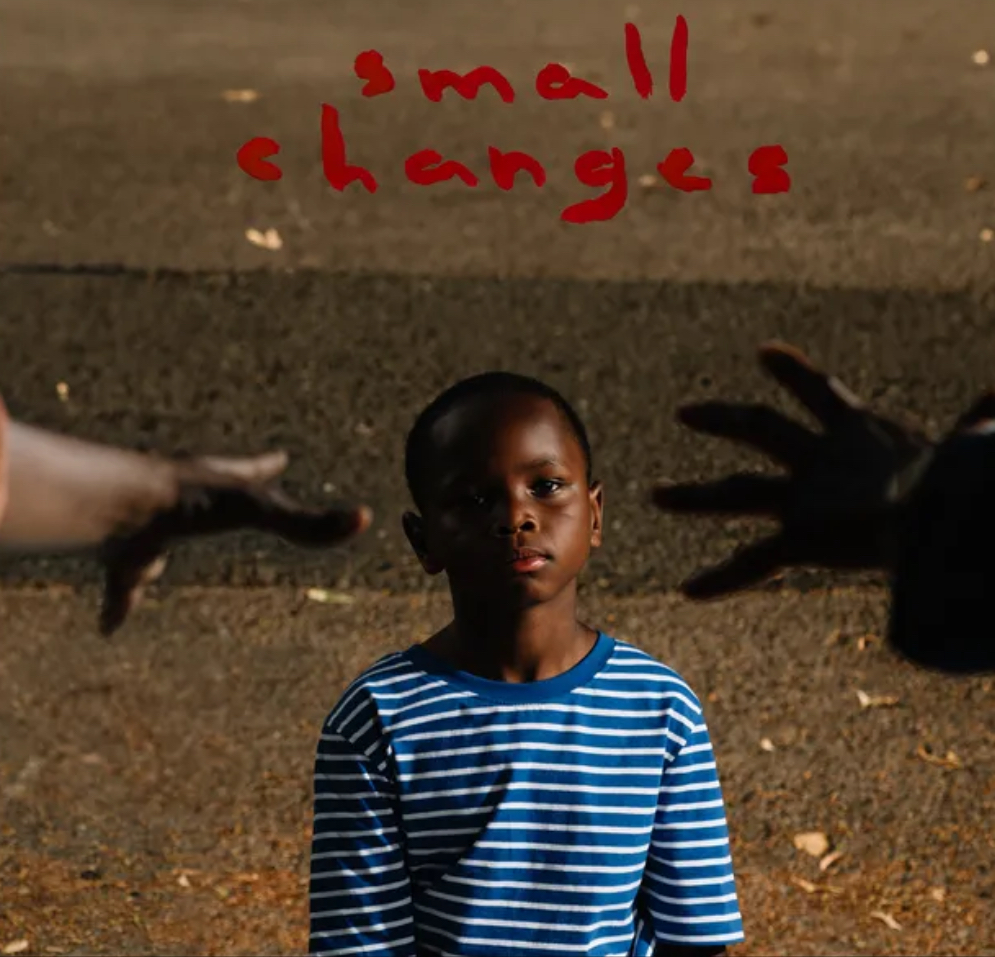After spending a year and a half learning the ins and outs of filmmaking and traveling to far-off places, five students will present four documentaries about their travels tonight at 7 at the Bama Theatre. The screening is free to attend.
Each film is a final project for the students’ International Documenting Justice class they took together last fall, which taught them the art of storytelling through documentary film.
“The class is designed for students who are interested in filmmaking but who may not have had the opportunity to take film classes before,” said Andrew Grace, a filmmaker and one of the professors for the course. “It shows students how to take beautiful images and how to make those images reflect the world from someone else’s perspective, which is the key element in any documentary.”
The films being screened tonight will convey four distinct perspectives.
Wilson Boardman’s “The Garden and the City” is told from the perspective of a farmer who lives in Havana, Cuba, and runs a small organic garden.
Drew Hoover and Marshall Houston’s “Beyond the Border” examines the relationship between the citizens of El Paso, Texas, and its sister city of Ciudad Juarez, Mexico, a city that has had a “serious up-kick in drug-related violence” in recent years, Grace said.
Grant Luiken, a senior majoring in international studies and Spanish, will present a film from the perspective of “clasificadores,” people who make their living in Uruguay by sorting through garbage and recycling it.
“It’s very intriguing, visually – people riding around the city in horse-drawn carts who stop only to dig through garbage,” Luiken said. “I persuaded one of the drivers to bring me along in his cart one day, and it allowed me to view the city from a completely different perspective. It was surreal. People were constantly staring, and I got to see parts of the city that I hadn’t seen before, or if I had, I saw them from a new angle.”
Linn Groft, a senior in New College, made her film about a man who was born as a refugee of Rwanda. His parents had fled Rwanda during the genocide, and he returned to his home country years later.
“He’s a great storyteller,” Groft said. “I wanted him to explain what it’s like to grow up as a refugee and then come back to your home country. It’s something that we take for granted, knowing who we are as people and being able to identify with a particular country, whereas his sense of identity is very complicated.”
Both Luiken and Groft said they learned a great deal from the experience.
“I had to interview people in Spanish, which is super-intimidating,” Luiken said. “But I feel a lot more confident speaking Spanish now. I also learned a lot about people. I learned how to respect them and not feel pity toward them, and I realized that people really are all essentially the same.”
Groft said she really enjoyed learning a new medium through which she can share stories.
“I love being able to tell a story about someone else’s experiences or about my experiences with someone else, and it’s really cool to do that by using images that I saw while I was there,” she said. “It really is a window into another world.”



